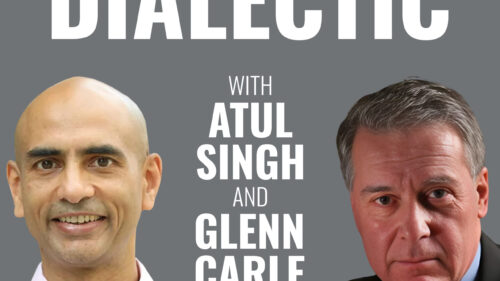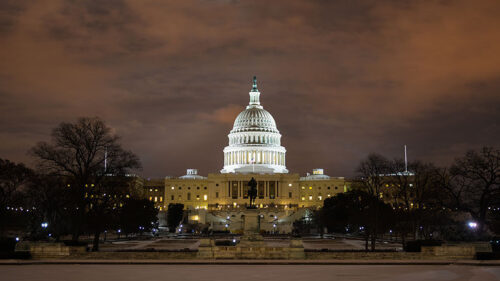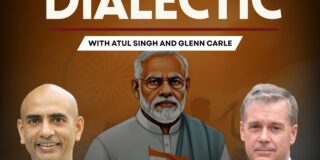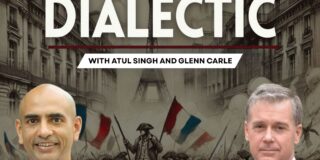[This piece is a follow-up to A New Telling of the Old Story of America.]
After their initial arrival, the settlers of New England developed an identity separate both from the native population of North America and from their English kin back home.
King Philip’s War (1675–1678) pitted the Puritans and their indigenous allies against a Native American alliance led by Metacomet (aka Philip). The significance of this war is often overlooked. It marked a turning point in relations between the colonists and natives. The war, which was the result of rising tensions and misunderstandings, inflicted terrible losses on both sides, and it cemented a sense of “otherness” that would shape future interactions. This conflict contributed to a more rigid Anglo-Saxon identity among the colonists.
As time passed in the colonies, the ongoing struggle for supremacy between England (subsequently Britain) and France also played a crucial role in the lead-up to the American Revolution. Both European powers controlled large territories in North America. English colonists relied heavily on the mother country for protection against French incursions, but after British victory in the Seven Years’ War (1756–1763), this dependence diminished. The subsequent imposition of taxes by the crown, intended to offset war debts, became a major point of contention and fueled resentment among colonists who lacked representation in Parliament.
Formative political events back home, like the English Civil War (1642–1651) and the Glorious Revolution (1688–1689) exerted their influence on colonial society. The colonists, many of whom were religious dissenters and non-conformists, found common cause with the anti-authoritarian sentiments that emerged from these conflicts. Likewise, the writings of Enlightenment thinkers like John Locke, who championed individual rights and limited government, resonated deeply in the colonies and provided an intellectual framework for their grievances against the Crown.
Finally, the emergence of a uniquely American culture, distinct from its English roots, further contributed to the growing divide. The American emphasis on individual liberty and self-governance, fostered by distance from Britain and the challenges of frontier life, created a sense of identity that clashed with the hierarchical and paternalistic structures of English society.
Eventually, this new identity found political expression in the movement for independence. As grievances against British rule mounted, the settlers utilized covert action and propaganda to mobilize resistance. Groups like the Sons of Liberty employed disinformation tactics and staged showpiece events to galvanize public opinion against the British. One such event was the infamous Boston Massacre, in which a mob of a few hundred Americans pelted a group of nine nervous British soldiers with projectiles until they opened fire, killing five people.
American identity, as distinct from British identity, was now self-consciously promoted. Yet the revolution was the result of a complex interplay of historical, cultural and ideological factors that was outside of any individuals’ control. Situated between two colonial empires and native tribes at a time of shifting loyalties and new ideologies, Americans gradually emerged as a distinct nation.
[Peter Choi wrote the first draft of this piece.]
The views expressed in this article/podcast are the author’s own and do not necessarily reflect Fair Observer’s editorial policy.

















Comment